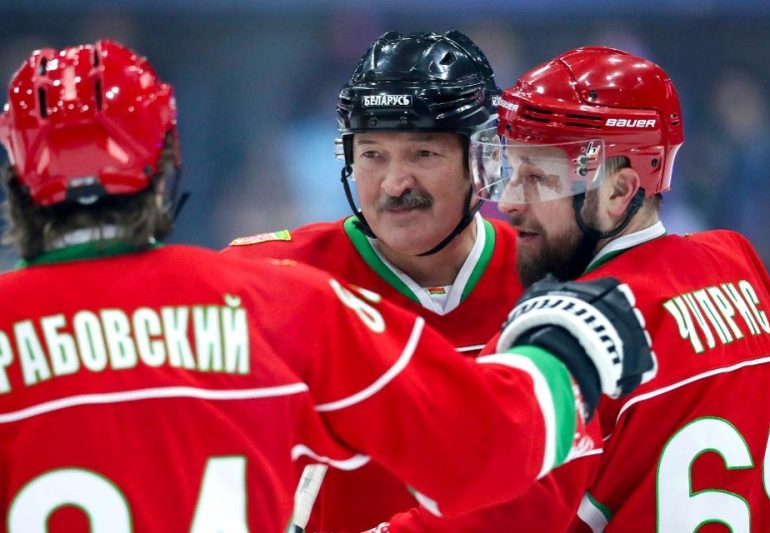It was once described as “the last remaining true dictatorship in the heart of Europe.” Now Belarus is one of the last places in Europe not in coronavirus lockdown.
Since 1994, Belarus has been led by Alexander Lukashenko—a former communist whose leadership style prompted the then secretary of state, Condoleezza Rice, to offer the above description of the county in a 2005 interview.
Coronavirus “Another Psychosis”
Lukashenko has not let western criticism trouble him. He seems remarkably calm about the coronavirus pandemic, too—describing the disease as “yet another psychosis, which will benefit some people and will harm others.” He has further suggested that “panic can hurt us more than the virus itself.”
Lukashenko’s views on coronavirus—unsurprisingly, since he has dominated the political scene in Belarus for quarter of a century—have set the tone for policies that leave Belarus standing largely alone in its response.
That means many normal aspects of life can go ahead. Lukashenko has suggested that working on tractors in villages could be beneficial. Has also advised that drinking vodka and going to the traditional sauna, or banya, “two or three times a week will do you good.”
Belarus Premier League Goes Ahead
Remarkably, professional sport has continued. With almost all football leagues across Europe suspended, the season in Belarus is going ahead. The decision has proved popular in countries where fans are now starved of their Saturday and Sunday soccer games. The BBC reported that the Belarus Football Federation had done deals with ten countries—including Russia, Israel and India—for broadcasting rights.
While fans are pleased—although those watching at stadiums in Belarus have their temperatures taken before they enter—it seems players may be less so. One Belarus premier league player, Sandro Tsveiba, has admitted to the Daily Telegraph that he is worried about a situation where the country’s soccer league is “like another planet.”
Belarus does have cases of coronavirus: 351, according to Healthcare Ministry figures reported April 3 by the country’s BelTA news agency. The country’s first death from the disease was confirmed March 31.
That helps to explain reports that, even in the absence of official advice to practise social distancing, some people in Belarus are doing so anyway. Reuters reported April 1 that some “cinemas, cafes and restaurants closed voluntarily”, and that passenger numbers on the metro in Minsk, the capital of Belarus, were down by a quarter.
There are also rules in place for self-isolation for people returning from countries hit by the pandemic. They are not allowed to leave their residences “without urgent necessity.”
It’s Your Business, You Save It
In a recognition that times could get tough for business, Lukashenko has held out the prospect of state support—while making his main message one of self-reliance. “This is, however, your business and it is you who need to save it in the first place. We will support if we have such a possibility,” he said in remarks reported by BelTA.
If Lukashenko’s advice on vodka, saunas, and sport (he took part in a hockey match himself March 28) seem at odds with that offered by the World Health Organization, then the leader of another former Soviet republic seems to have adapted measures used to combat the plague in 17th century England.
President Kurbanguly Berdymukhamedov of Turkmenistan, which has not recorded a single case of the disease—and which has removed the word “coronavirus” from media reports and public health bulletins—has ordered officals to “fumigate” the country with smoke from a burning herb, according to The Times of London.
This writer was reminded of a description by Samuel Pepys, the 17th century English diarist, of “fires burning in the street” as a precaution against the plague which was then devastating London.
"Forbes Georgia-ის სარედაქციო ბლოგპოსტების სერია "როგორ გამდიდრდა“ და "საქართველო რეიტინგებში".














